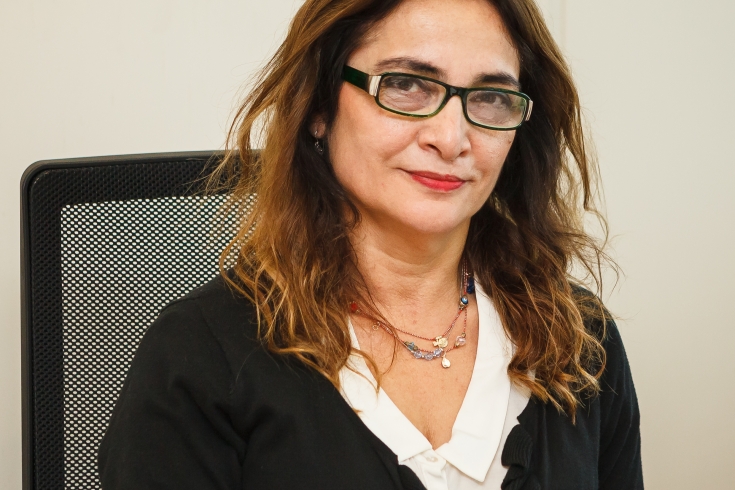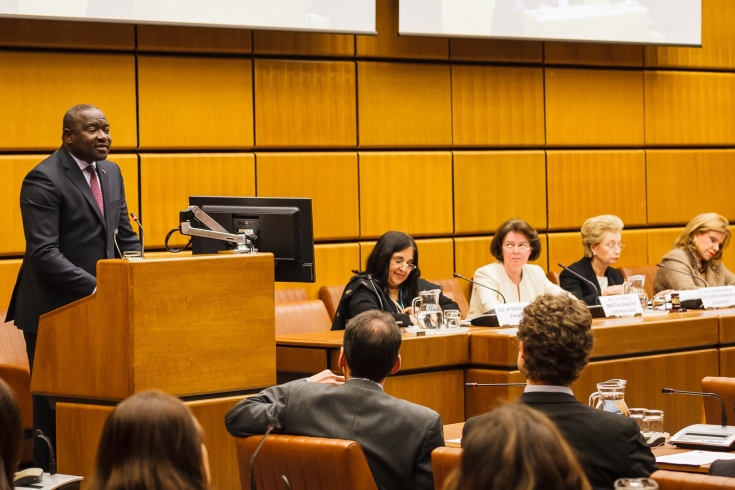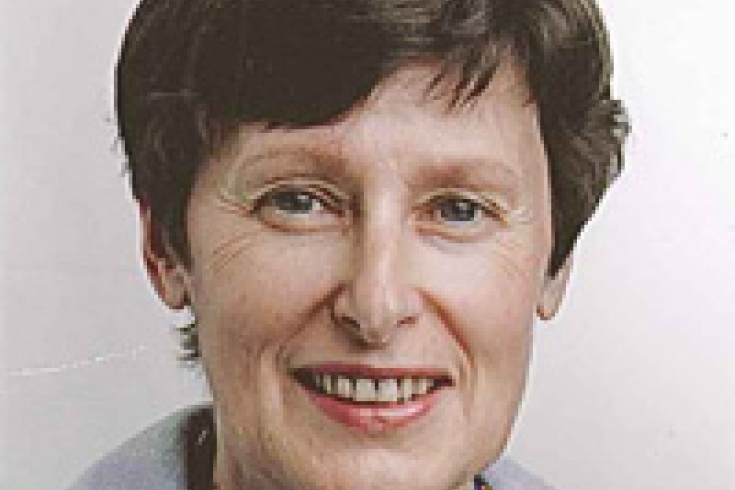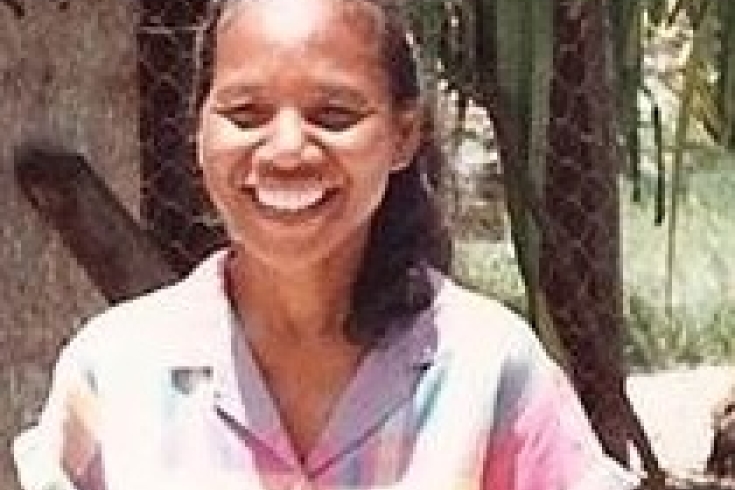International Women's Day 2015

Nurcan Meral Özel from Turkey has headed the CTBTO’s International Monitoring System (IMS) Division since November 2014.

Executive Secretary Lassina Zerbo addressing the Women's Day event in Vienna on 5 March 2015
I want to pay tribute to all the women working at the CTBTO who make sure that no nuclear explosion goes undetected.
Angela Kane: UN High Representative for Disarmament Affairs

Darlene Keju-Johnson: Marshallese activist
From her speech (video) to the World Council of Churches in Vancouver, 1983.

Louise Reiss (1920-2011): The Baby Tooth Initiative

5 Mar 2015
